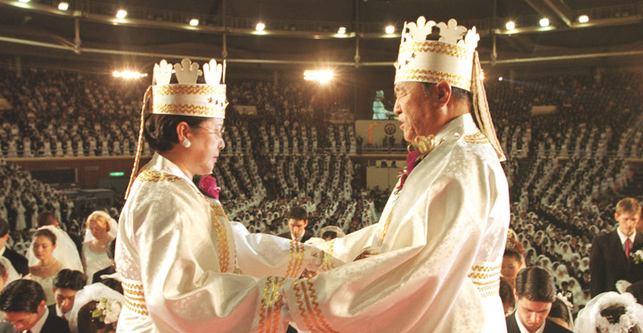Ilyin and others v. Ukraine, No. 74852/14 ECtHR (Fifth Section), 17 November 2022

The European Court of Human Rights has recently ruled on a registration case concerning a religious community belonging to the denominational reality of the Unification Church. The applicants had unsuccessfully applied to the Kyiv City State Administration to be registered as a legal entity under the name of “Holy Spirit Association for the Unification of World Christianity’ Religious Community in the Kyiv Obolonsky District”.
Among the reasons for the refusal, the Administration had objected that the name of the group would evoke an “interreligious” organization of Christian inspiration. The national judges upheld the decision, considering that the community was set up as an “atypical” entity, therefore excluded from the recording in accordance with the applicable law.
In particular, the domestic authorities had found irrelevant the appellants’ actual intention to establish a community inspired by a clear religious intent, such as the Unification Church. For the national judges, the way in which the community's purposes and denomination had been formulated would have created the misleading impression that the applicant community was a Christian association of “ecumenical” inspiration.
The Strasbourg Court did not find any violation of art. 9 of the ECHR. The Court reiterated that the mere fact that a State requires a religious organization applying for registration to adopt a denomination that does not mislead believers and the general public and which distinguishes it from existing organizations can, in principle, be considered a justified limitation.
The perplexities at the domestic level about the name of the community had been therefore sufficient to refuse its registration, even in the absence of other critical profiles related to its religious practices. Consequently, the Court found that the refusal had met the requirements of the Convention.
(Comment by Andrea Cesarini)

